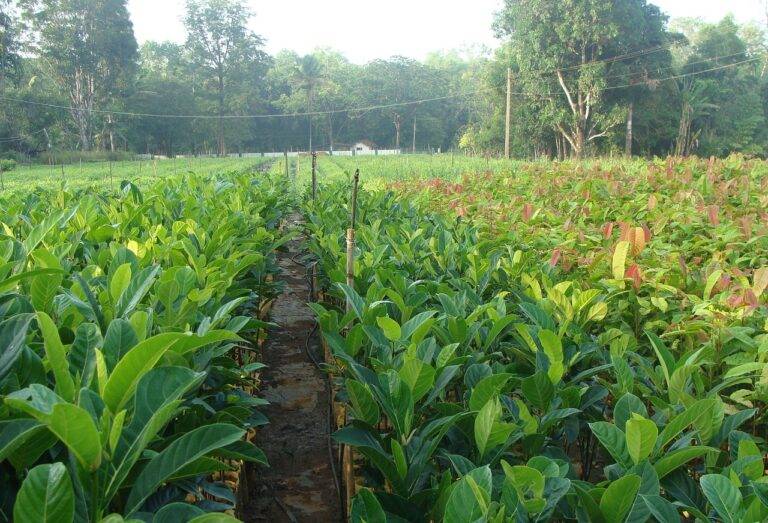The Influence of Political Advertisements on Voter Turnout
laser247. com cricket, lotus365 vip login, sky247: Voter turnout is a crucial aspect of any democratic society. It is a fundamental way for citizens to exercise their right to participate in the political process and have a say in the decisions that affect their lives. However, voter turnout rates vary significantly across countries and even within the same country. One of the factors that can influence voter turnout is the state of the economy.
Economic factors play a significant role in determining voter turnout. Research has shown that individuals are more likely to vote when they perceive that their economic circumstances are stable and improving. On the other hand, during times of economic hardship, voter turnout tends to decline. This is because individuals may be more focused on their immediate economic concerns rather than participating in the political process.
Unemployment rates, income inequality, and poverty levels are all economic factors that can impact voter turnout. When the economy is strong, people are more likely to feel optimistic about their future and more willing to engage in the political process. Conversely, during times of economic downturn, individuals may feel disillusioned and disenfranchised, leading to lower voter turnout.
Moreover, economic factors can also influence the types of policies and candidates that people support. For example, individuals who are struggling financially may be more inclined to support policies that address income inequality and provide assistance to those in need. On the other hand, individuals who are financially secure may prioritize policies that promote economic growth and stability.
In addition to individual economic circumstances, broader economic trends can also impact voter turnout. For example, during economic recessions, voter turnout tends to decrease as individuals may feel less optimistic about the future and less motivated to participate in the political process. Conversely, during times of economic growth, voter turnout rates may increase as individuals feel more positive about the direction of the country.
It is essential for policymakers and candidates to be aware of the impact of economic factors on voter turnout. By addressing economic concerns and promoting policies that benefit all citizens, they can help increase voter engagement and participation in the political process. Ultimately, a strong economy can lead to a more engaged and informed electorate, leading to better outcomes for society as a whole.
In conclusion, economic factors play a significant role in determining voter turnout. Individuals are more likely to participate in the political process when they feel economically secure and optimistic about the future. Policymakers and candidates must be aware of the impact of economic trends on voter turnout and work to address economic concerns to promote higher levels of engagement and participation.
FAQs:
Q: Can economic factors be the sole determinant of voter turnout?
A: While economic factors can play a significant role in voter turnout, there are also other factors at play, such as social and political influences. It is essential to consider a combination of factors when analyzing voter turnout rates.
Q: How can policymakers address economic concerns to increase voter turnout?
A: Policymakers can address economic concerns by implementing policies that promote economic growth, reduce income inequality, and provide support to those in need. By addressing these concerns, policymakers can help increase voter engagement and participation in the political process.







